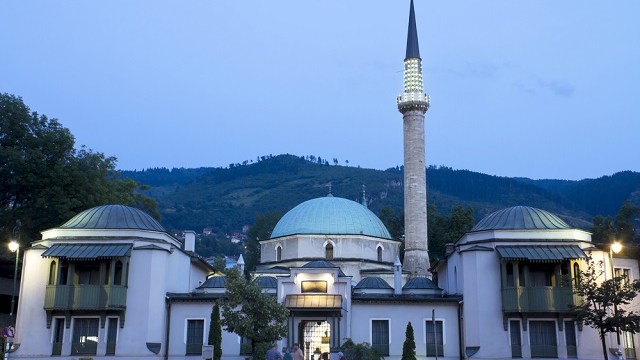In India, Helping The Lost Become Found

What’s the Latest Development?
Almost 275,000 people were reported lost during the massive Hindu festival of Kumbh Mela, which started on January 14. Fortunately, most of them were reunited with their loved ones thanks to charities like Bharat Seva Dal, which was founded in 1946 by Raja Ram Tiwari, now 86. His volunteers used only a slightly more sophisticated version of the makeshift megaphone he used back then, when he encountered an elderly woman who had been separated from her family. At least one other charity uses digital photos to help the lost become found, but Tiwari says his low-tech method is just fine: “We’ve been here for the longest time and villagers know us.”
What’s the Big Idea?
India’s record of finding lost individuals is poor compared to Tiwari’s, as the solving of higher-profile crimes, like murder and theft, often takes precedence. Although the proliferation of cell phones has reduced the number of lost relatives, the National Crime Reports Bureau says that in 2011 almost a third of the 60,000 children reported lost were never found. For his part, Tiwari, who’s twice been nominated for a prestigious national service award, says that at the 65 festivals he’s attended over the years, “[t]here’s no such thing as lost forever. That’s only in films.”
Aleksandar Todorovic / Shutterstock.com
Read it at The Los Angeles Times





